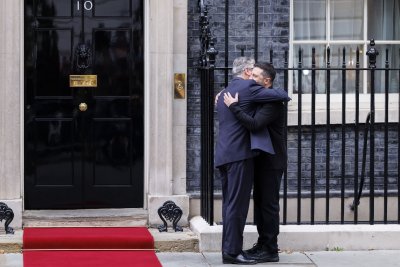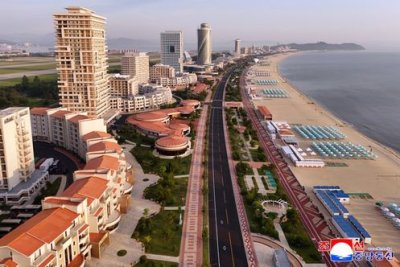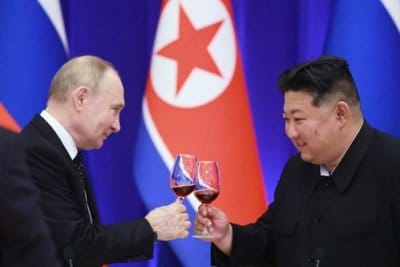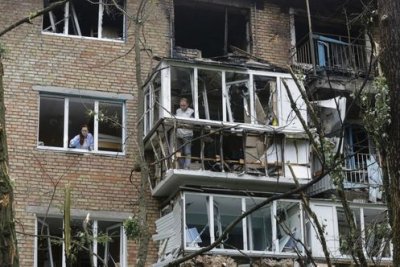Russian ground forces advance into Ukraine’s Dnipropetrovsk province
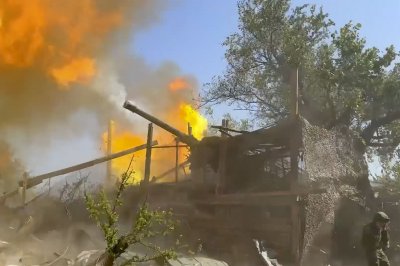
Russian firepower and drones helped its forces capture territory in a small area of southeastern Dnipropetrovsk, where the province borders on neighboring Donetsk and Zaporizhzhia, both of which are already largely Russian-controlled. File photo courtesy Russian Defense Ministry/EPA-EFE
Aug. 27 (UPI) — A summer offensive by Russian forces has succeeded in penetrating Ukrainian President Volodymyr Zelensky‘s home region of Dnipropetrovsk for the first time, with troops capturing two villages in the southeastern corner of the province.
The Russians occupied Zaporizke and Novohryhorivka, the BBC and The New York Times said, after breaking through from neighboring Donestsk following months of heavy fighting for control of cities in the west of the province and were now battling to establish a foothold in Dnipropetrovsk.
The Russian gains by infantry backed by drones and other fire support were confirmed Tuesday by “DeepState,” a real-time mapping project with links to the Ukrainian military, and the Russian Defense Ministry.
DeepState said that having entered the province, Russian forces were “now entrenching themselves, and accumulating infantry for further advances.”
Officially, Ukraine categorically denied it had lost more territory to Russia, which has been attempting to push westwards from Donetsk all summer.
“This is the first attack of such a large scale in Dnipropetrovsk region,” Viktor Trehubov, of the Dnipro Operational-Strategic Group of Troops, told the BBC, but insisted Ukrainian forces had halted the Russian advance.
The general staff of Ukraine’s armed forces said in a statement that its military “continues to control” Zaporizke and that “active hostilities are also ongoing in the area of the village of Novohryhorivka.”
The province is not one of the three, in addition to Donetsk, that Russia has partially occupied and claims as its own, including Luhansk, Zaporizhzhia and Kherson, but it has been pushing hard to capture more territory for much of the year, likely as leverage in peace negotiations being brokered by the United States.
However, while neither of the villages in question is strategically significant — the population of each is around 100 or fewer — losing them will be a further shock to the morale of Ukrainian forces already struggling against their more numerous and better-armed Russian adversaries.
Dnipropetrovsk, in Ukraine’s industrial heartland and the second most industrialized region after the Donbas, before most of it fell into Russian hands, holds a strategically key position, but analysts do not believe the Russians aim to take the whole province.
The Russian advance came as a flurry of diplomatic activity to capitalize on the Aug. 15 Alaska peace summit between U.S. President Donald Trump and Russian President Vladimir Putin appeared to be fizzling.
Putin was understood to have offered a deal that would involve Ukraine ceding additional parts of Donbas that Russia does not already control in exchange for ending the war, but efforts by Trump to organize a follow-up meeting between Putin and Zelensky have thus far been unsuccessful.
Russian Foreign Minister Sergei Lavrov last week poured cold water on prospects for a Putin-Zelensky summit, saying no meeting was planned and that Moscow would not accept security guarantees for Ukraine provided by the West, saying any such discussion that excluded Russia was a “road to nowhere.”
However, Trump’s special envoy Steve Witkoff, who has visited Moscow five times this year in pursuit of a deal, suggested Tuesday that peace efforts were still alive, announcing a meeting with Ukrainian officials in New York later this week and that “we talk to the Russians every day.”

